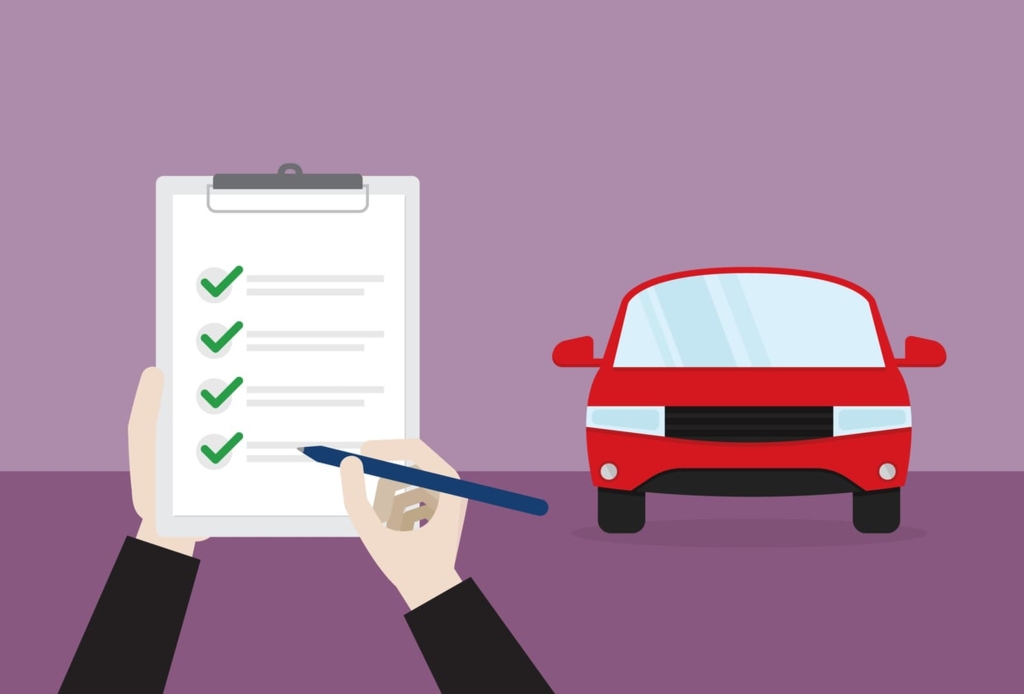Everything You Need to Know About Car Insurance Deductibles

If you're shopping for car insurance, you've probably heard the term "deductible." But what is a car insurance deductible? And how does it work? In this blog post, we'll explain everything you need to know about car insurance deductibles. We'll cover what a deductible is, how it works, and why it's important. By the end of this post, you'll understand exactly how a deductible affects your car insurance policy.
What is an Auto Insurance Deductible?
An insurance deductible is the amount of money you are required to pay out of your own pocket before your insurance policy kicks in. For example, let's say you have a $500 deductible and you get into an accident that causes $1,000 worth of damage to your car. In this case, you would be responsible for paying the first $500 of the repairs and your insurance would cover the remaining $500. The higher your deductible, the lower your monthly premiums will be. However, this also means that you will have to pay more out of pocket if you do have an accident. As such, it is important to carefully consider how much risk you are willing to take on when choosing your deductible.
What Types of Car Insurance Deductibles Are There?
Collision
A collision insurance deductible is the amount you pay out of your own pocket when your car collides with another car or object. The higher your deductible is, the less your collision insurance will cost. However, this also means that you will be responsible for more of the costs if you do have a collision. Many people choose to have a high deductible in order to keep their monthly payments lower. Some deductibles can be as low as $250, while others can be as high as $1,000 or more. You should choose a deductible that you feel comfortable with and that fits your budget.
Comprehensive
One type of deductible that is becoming increasingly popular is the comprehensive deductible. This type of deductible covers damage to your vehicle that is not caused by collision, such as theft, vandalism, or weather-related damage. While the upfront cost of a comprehensive policy may be higher than other types of policies, it can save you money in the long run if you live in an area where these types of incidents are more common.
Personal Injury Protection
When it comes to car insurance, there are a variety of different types of deductibles that can be applied to your policy. One of these is known as personal injury protection, or PIP. This type of deductible can help to protect you in the event that you are injured in an accident, regardless of who is at fault. PIP deductibles typically cover a certain amount of your medical expenses, as well as any income lost due to time off work. As with any other type of insurance deductible, it's important to carefully consider your needs before selecting a PIP deductible amount. By doing so, you can help ensure that you have the coverage you need in the event of an accident.
What Car Insurance Coverage Types Do Not Require a Deductible?
Many people believe that all car insurance coverage types require a deductible, but this is not the case. There are actually several coverage types that do not require a deductible, including liability coverage, uninsured motorist protection, and medical payments coverage. These coverage types are designed to protect you from expensive damages that could occur in an accident, and as such, they do not require you to pay anything upfront. Instead, your insurance company will simply pay out the claim on your behalf. This can be a great way to save money on your car insurance, as you will not have to worry about paying a deductible in the event of an accident.
Factors to Consider When Choosing a Car Insurance Deductible
There are a lot of factors to consider when choosing a car insurance deductible. How much can you afford to pay out of pocket if you get in an accident? A higher deductible means you will have to pay more out of your own pocket if you do get in an accident, but it also means you will have a lower monthly premium. You need to strike a balance that you are comfortable with. Another factor to consider is how often you drive. If you only use your car for occasional short trips, then you may be able to afford a higher deductible since the chances of getting into an accident are lower. However, if you use your car for your daily commute, then you may want to choose a lower deductible so that you are not left stranded if you do get into an accident. Ultimately, the decision of what deductible to choose depends on your individual circumstances and needs.



